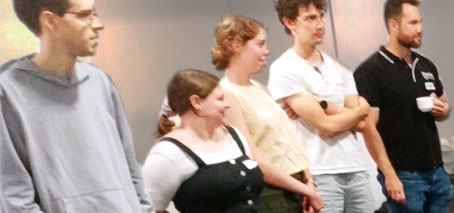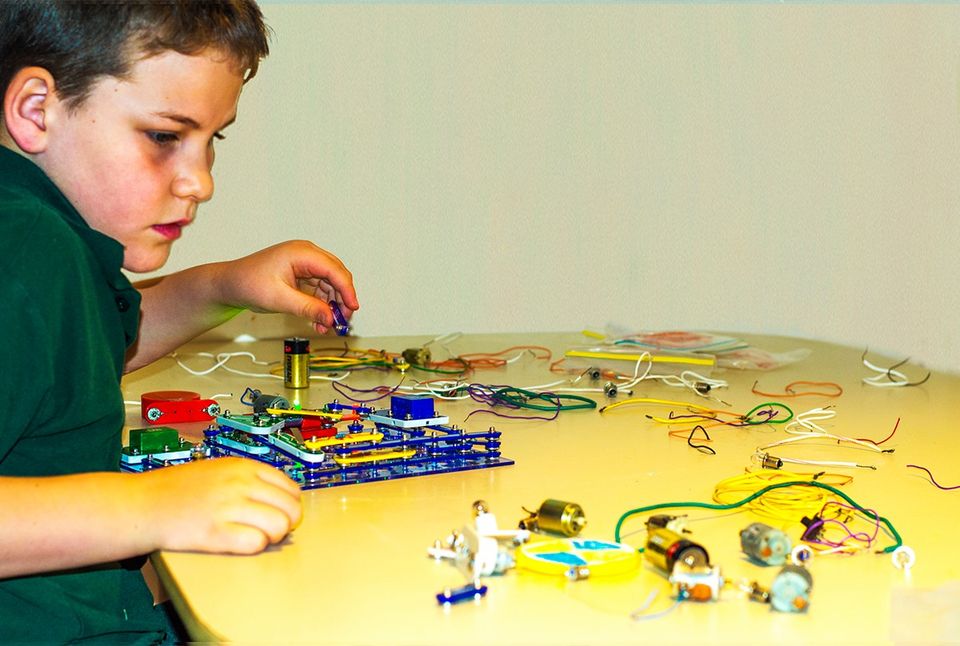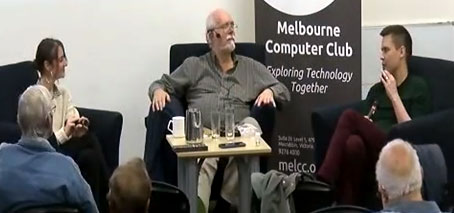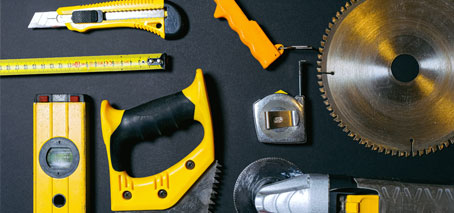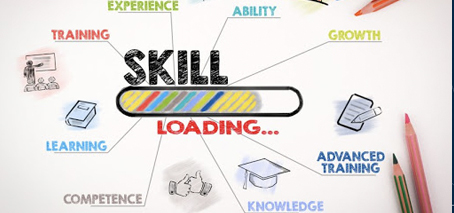Developing research into impact at Idea Factory 2022
“It’s interesting to consider how to hold ourselves accountable to the taxpayers that ultimately fund scientific research.” Early-career researchers from two Centres of Excellence gathered in Queensland this month, learning how to better translate their scientific discoveries to make an impact. The focus of Idea Factory 2022 was expanded to develop a wider understanding of research translation, the translation/commercialisation ecosystem, …
FLEET Schools
Engaging with end-users: Meeting the Melbourne Computer Club
What is the future of computing? As Moore’s law is approaching an end, new technologies are required to enable further advances in computational speed and energy-efficient data processing. As transistors took their first baby-steps over half a century ago, the next generation of electronic switches are being born today. Engaging with the Melbourne computing and electronics community in a ‘fireside …
Tools of the Trade: Iolanda Di Bernardo explains XPS depth profiling for Nature series
X- ray photoelectron spectroscopy (XPS) is used for material characterization, providing quantitative information on the chemical composition of materials by identifying the type of elements that are present (nowadays, with a detection limit in the range of one part per thousand). XPS also allows the identification of the chemical state of the elements – such as the types of bonds …
Tools of the Trade: Eli Estrecho explains laser trapping for Nature series
A ‘pumped’ laser can be used to trap and manipulate an exciton-polariton condensate. These quantum fluids, which can behave as a resistanceless superfluid in certain conditions, need continuous replenishing, with the pumping laser supplying both a reservoir of electrons and confining force. “The pumping laser can trap the quantum fluid as the particles are repelled from the pump region, similarly …
Hosting FLEET research seminars in 2020
FLEET turbo-charged our existing Centre-wide seminar series in 2020, with 10 research seminars – a significant increase from only four seminars in 2019. Very aware of the importance of Centre cohesion without inter-state travel and with many universities in lockdown, FLEET threw extra resources into monthly Zoom seminars, often overlapping with expanded ‘journal club’ meetings involving multiple interstate visitors. Two …
Communications Training: When a Picture is Worth 1000 Words
Lyndal Byford of the Australian Science Media Centre presented to HDR students and early career researchers at Monash University on communication. She presented on the value of video and how to use a mobile phone to create quality video that can be used by media. You can find a pdf of the slides here. For the full presentation, including videos, …


